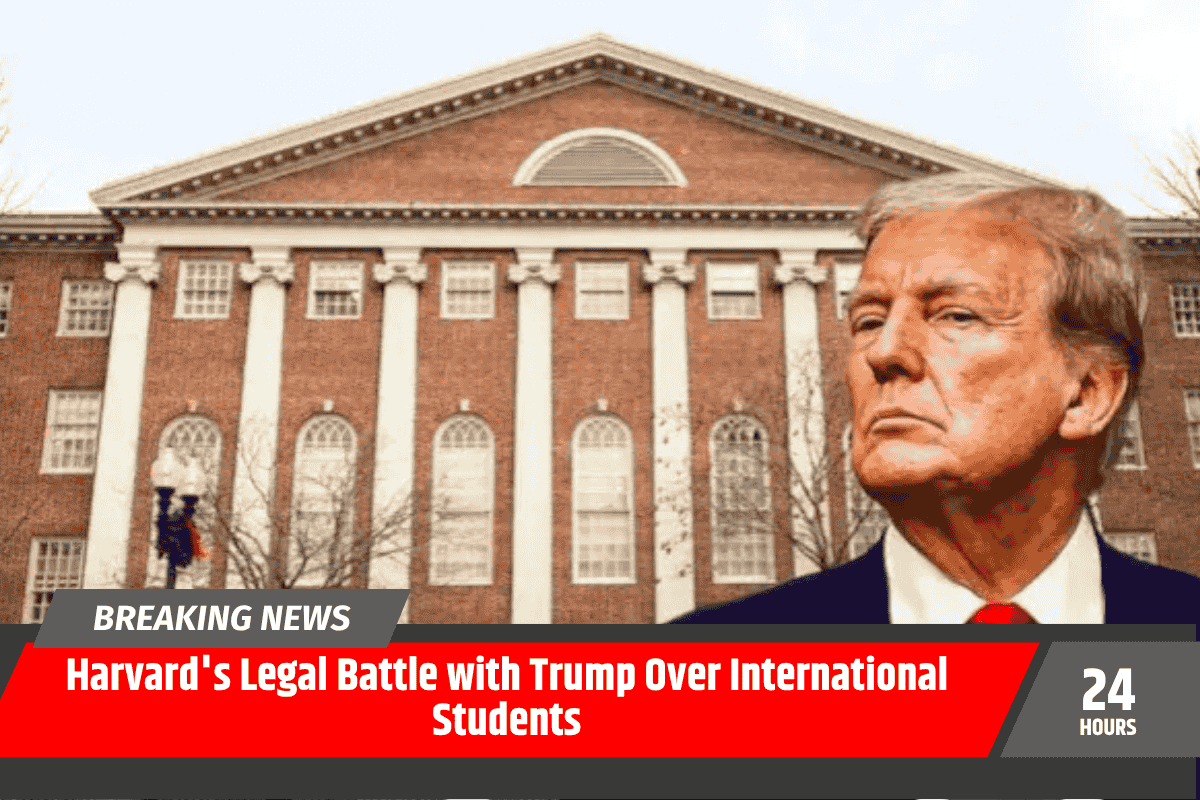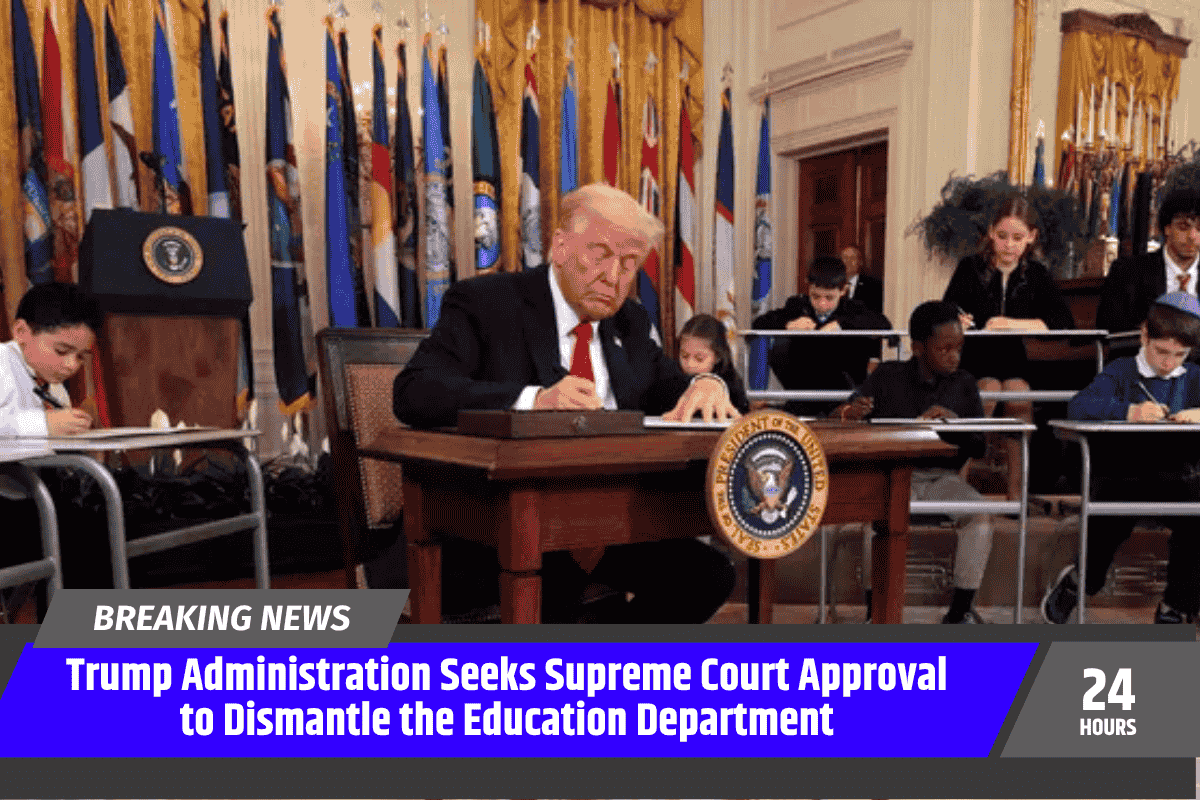In an ongoing legal battle, a federal judge in Boston has temporarily blocked President Donald Trump’s order to bar international students from studying at Harvard University.
On June 5, U.S. District Judge Allison Burroughs issued a two-page temporary restraining order, halting Trump’s proclamation that aimed to prevent foreign nationals from entering the U.S. to study or participate in exchange programs at Harvard University.
This ruling comes amidst a tense dispute between Harvard, a prestigious Ivy League university, and the Trump administration.
Judge’s Ruling and its Impact
The court’s decision was significant, as it addressed Harvard’s concerns that Trump’s order would cause “immediate and irreparable injury” to its international students.
Harvard argued that blocking foreign students from coming to the U.S. would harm the university’s ability to offer a diverse and global education, which is a hallmark of the institution.
The ruling from Judge Burroughs ensures that the president’s order will not take effect while the matter continues to be litigated.
This legal intervention is part of a broader ongoing conflict between Harvard and the Trump administration. Just a month earlier, in May, Judge Burroughs had blocked a similar order that would have prevented Harvard from enrolling international students.
Harvard, which has a significant international student population, claimed that Trump’s actions were damaging to its educational mission.
Harvard’s Response and Legal Challenges
In response to the June 5 directive, Harvard amended its lawsuit, arguing that Trump’s decision violated the earlier court ruling.
Harvard emphasized that the order would unfairly prevent thousands of students from coming to the U.S. to pursue their education, affecting not only the students’ futures but also the university’s academic environment.
The university pointed out that without international students, Harvard’s educational offerings would be severely limited.
In the filing, Harvard’s legal team stated that Trump’s action violated federal law by failing to back up his claims about national security. Harvard’s stance was that international students should be allowed to come to the U.S. to study at the university without restrictions, as long as they are not a security threat.
Trump’s Justification and Harvard’s Defense
The Trump administration justified its restrictions based on national security concerns. A White House spokesperson, Abigail Jackson, criticized Harvard, claiming that the university had become a “hotbed” for anti-American activities and had failed to manage its international student body adequately.
Jackson argued that the university posed a risk to national security and that the federal government needed to act to protect the integrity of the student visa system.
On the other hand, Harvard vigorously denied these allegations, calling them baseless. The university pointed out that there was no evidence to support the administration’s claims of rising crime or radicalism on campus linked to international students.
Harvard argued that Trump’s actions were politically motivated and were meant to retaliate against the university’s refusal to comply with certain demands regarding governance and curriculum.
Broader Conflict Between Harvard and the Trump Administration
This legal clash is just one part of a larger struggle between Harvard and the Trump administration.
Harvard has faced criticism and punitive actions from the administration, including the freezing of billions of dollars in funding and proposals to revoke its tax-exempt status.
The university has argued that the government’s actions are retaliatory because of its liberal stance and its independent governance.
The administration’s decision to challenge Harvard’s certification for enrolling international students, announced by Homeland Security Secretary Kristi Noem in May, was also blocked temporarily by the court.
While the Department of Homeland Security initially sought to revoke Harvard’s ability to enroll foreign students, it later decided to pursue a lengthier legal process. Harvard has consistently argued that the government’s actions are unjust and harmful to the university’s ability to operate.
This legal battle between Harvard University and the Trump administration highlights the ongoing debate over national security, immigration, and the role of international students in American universities.
With the June 5 ruling, Harvard has temporarily won a significant victory, allowing its international students to continue their studies without disruption. However, the case remains unresolved, and the conflict between the Ivy League institution and the Trump administration is far from over.







